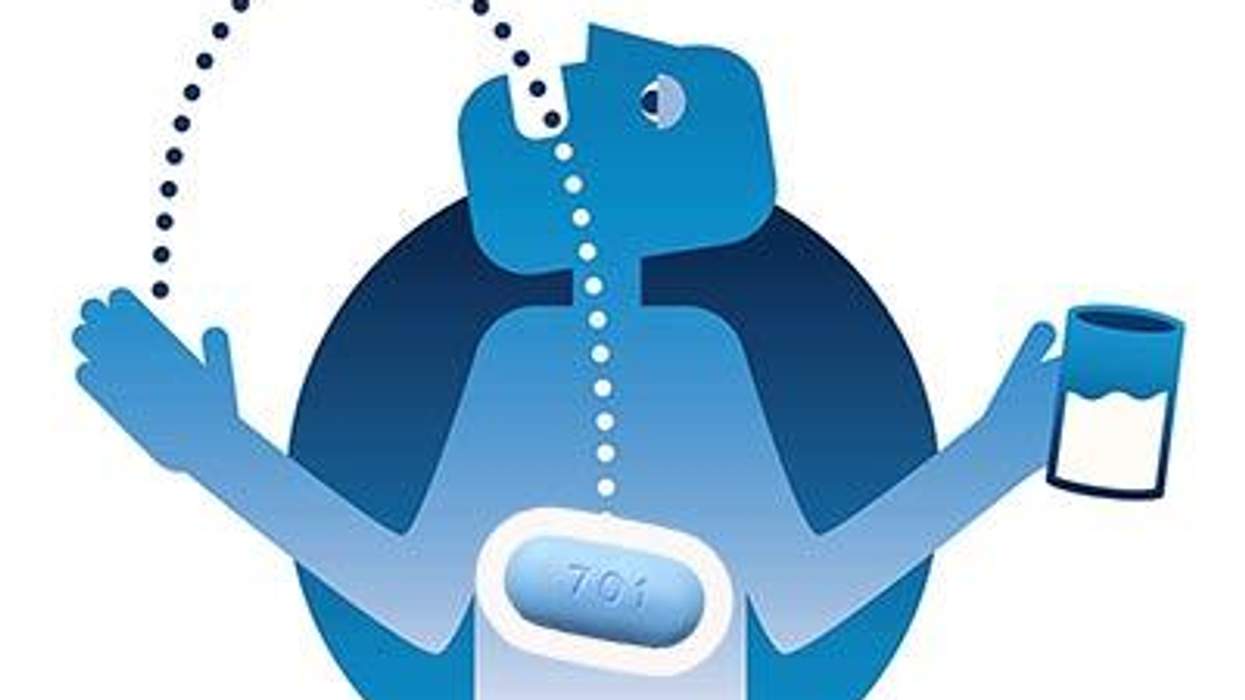Editor's Note: There are, unfortunately, many myths going around about pre-exposure prophylaxis, or PrEP -- the use of an antiretroviral drug by HIV-negative people to prevent them from being infected with HIV during sex. This month we'll look at one myth per day and offer evidence why it's not true.
Myth: There's no difference between taking medication to prevent HIV or to treat HIV.
Truth: Some people say, "Well, I can take a pill now, or I can take a pill after I get HIV. What's the difference?" The key phrase here is "after I get HIV." We've minimized the idea of living with HIV and at the same time convinced at-risk populations that it is their fate to get HIV. PrEP is proof that this doesn't have to be the case. "The treatments have gotten better, but we're no nearer a cure; no nearer to a vaccine and that's just the cold, hard facts and even though you are going to live a longer life, you're going to live a longer life with HIV and that means antiretroviral medication," says Frank Spinelli, MD. "I don't know anybody that wakes up and says, 'Oh! I'm so glad I have these HIV medications I have to take every day.'" Spinelli also cautions that even though people are living longer with HIV, with a better quality of life than once imagined, we still don't know all the effects of living with the infection long-term and of taking medication for it. "We've seen [some of the treatments'] side effects: kidney problems, bone problems, higher instances of lipodystrophy. These are all things we have to contend with, so why not have conversations about safe sex?" PrEP has joined condoms on the list of ways to make sex safer.




































































Charlie Kirk DID say stoning gay people was the 'perfect law' — and these other heinous quotes